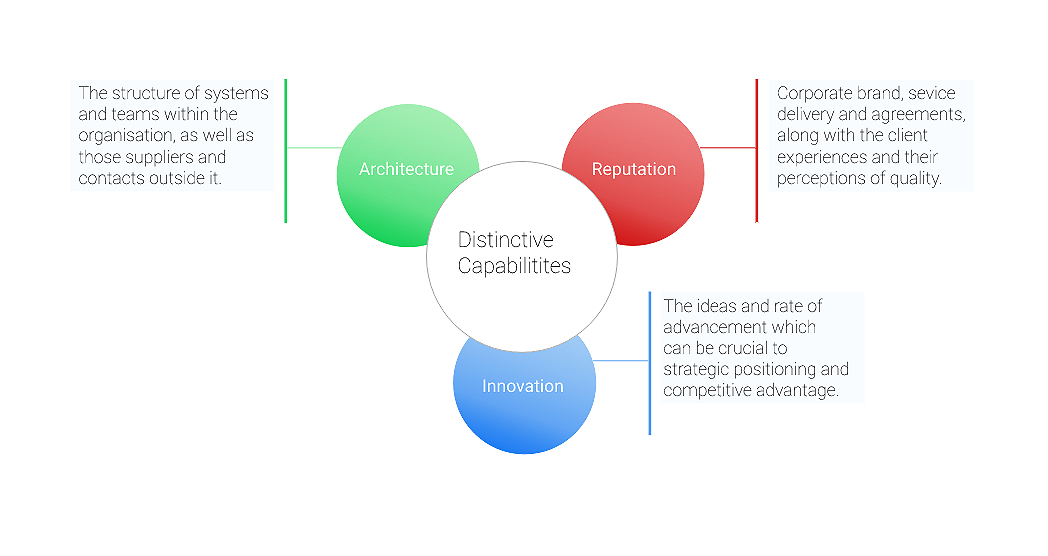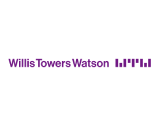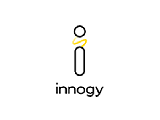If you want your company to experience growth, perform well financially and stave off competitors, it may be time to redefine your business strategy.

Instant communication and the omnipresence of social media means businesses are held to account by their stakeholders, no longer privileged to get by on their reputation as they might have been even just a decade ago.
The preferences and demands of today’s businesses and consumers mean companies are obliged to practice positive business, be that demonstrating awareness of their environmental and social responsibilities or generating economic returns for their investors.
And if your business strategy is failing to adequately account for these demands, it is probably time for a rethink.
What is a business strategy?
Every business has some financial limitation on the tactics they can implement, so you need to be crystal-clear on the strategy from the get-go in order that your tactics are intelligent, resourceful and highly impactful. The strategy and tactics are distinct. The strategy is the what; the tactics are the how. A business has numerous functional-level strategies — marketing, business development, financial, innovation — but only one business strategy. For larger corporations, a specific business strategy will be in place for each business unit. Put simply, the business strategy is the highest-level plan, crucial to defining vision, prioritising objectives and distinguishing the company from its competition.
Major players in the market are led by visionaries who took a dream, translated it into an actionable business strategy, then saw that strategy to fruition by executing it to devastating effect.
For instance, Total reinforced their green transformation strategy by leveraging the operational and execution experience of their strategic partner Qair. Total entered the offshore wind market when they purchased a 20 per cent stake in a windfarm in the Mediterranean Sea. The farm’s majority owner Qair, is also are the historical developer of the farm. This move by Total has set themselves up for success in entering and expanding their presence in the offshore wind sector in France.
This strategic move contributed to their overarching green transformation strategy and has given Total a launching pad for further achieving their green transformation.
The best business strategies close the strategy-to-execution gap by ensuring internal processes are tight, informed and straightforward. This orderliness will invariably stem from a strong leader who recognises and optimises the company’s capabilities with expert timing in order to enhance quality and customer experience. The finest leaders are flexible with implementation, communicate with intent and nurture initiative.
Novo Nordisk are targeting 60,000 of their direct suppliers to provide 100% renewable energy by 2030 - this will eliminate 300,000 tonnes of greenhouse gas from their supply chain. Along with their focus on supply chain optimisation, Novo Nordisk has placed great importance on collaborative leadership - rather than leveraging a solely top-down leadership approach, the practice of sharing learnings across the company is encouraged. Their investment toward digital learning, supported by software integration and insight tools, has impacted the development of 15,000+ employees.
As a result, this has empowered decision-makers to make the right strategic decisions.
If you are looking to drive growth, reorganisation is key — but not necessarily the kind of reorganisation that entails endless and fruitless shuffling of systems, personnel and infrastructure. Spend time determining your strengths — then go and leverage them to full effect.
A problem is emerging in the oil and natural gas sector. Baby boomers born between 1946 – 1964 are approaching retirement age. They need to be replaced by millennials, However, according to a survey by the Abu Dhabi National Oil Company only 44 per cent of STEM graduates from around the world said they would consider a career in oil and gas, while 77 per cent said a career in technology interests them.
It has been forecast that there will be a 40,000 shortage of engineers and other professionals by 2025.
- Is your organisation’s work culture designed to attract the next generation of employees, or is it too focused on those soon to retire?
Most businesses utilise some form of competitor intelligence function to scope and analyse the competitive landscape in order to create value, leveraging such methods as traditional data reports and benchmarking analyses and studies, as well as new technologies such as artificial intelligence.
The synthesis of this array of information should constitute an integral component of every major strategic decision, be it:
• Go-to market plans
• Pricing architecture portfolios
• M&A transactions
Hone your business’s individuality and embrace what makes you different when faced with strong competition — then transform threats into opportunities.

A singular, precise comprehension of what your business truly is — what it stands for and what it can do — will enable you to pursue a business strategy that adheres to your objectives. Those who are stuck formulating half-cooked aspirations for ‘growth’ are unlikely to succeed.
Corporate transformations are risky. They are often conducted in response to unforeseen external challenges, and these reactive initiatives are often conducted without empirical evidence because of time pressure.
In the context of companies planning a digital transformation strategy:
"85% of enterprise decision makers feel they have a timeframe of two years to make significant inroads on their digital transformation before suffering financially and/or falling behind their competitors."
Progress, 2016
A business strategy that discounts — or abjectly ignores — shifts in the market is one that is doomed to fail. It’s imperative that you foster a culture of optimism within your workplace, rewarding leadership, dynamism and initiative. This overarching positivity will permeate out into the farthest reaches of your consumer base, energising customers with your improved and newfound practices and solutions.
The future will not always be kind to your business — and that’s okay. Rather than fearing the prospect of fluctuations in the market, embrace the volatility. Stand poised to assess your company’s capabilities and reimagine their utility in order that your business will ride those waves and flourish. You might just realign your entire industry in the process.
Pangea SI is an on-demand consulting platform specialising in the energy, natural resources and infrastructure (ENRI) sector. We nurture the sharing of knowledge by harnessing the talent of experts from around the globe, helping our clients achieve their goals in the process. Contact us today to find out how Pangea SI can help transform your business strategy.
Tell us about your business challenge or a particular type of knowledge/expertise you require.
Within 48 hours we present a customised shortlist of Experts, specifically matched to your project.
Connect directly with selected Experts in whichever way works best for you.
Transfer Experts' unbiased, practitioners' perspectives into actionable plans that drive business growth.
Head of Strategy and New Ventures
Digital Transformation Program Lead
Natural Resources Business Development Director

VP, Strategy

"Pangea SI is the only platform dedicated to helping businesses access the information they need to accelerate their decarbonisation and energy transition initiatives in an economically viable way."
Pangea SI's on-demand consulting platform has transformed the results of businesses worldwide.









